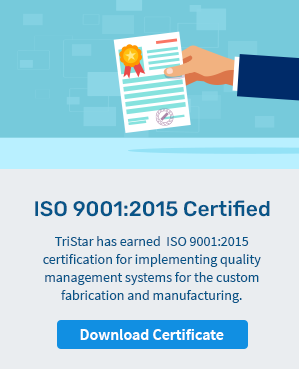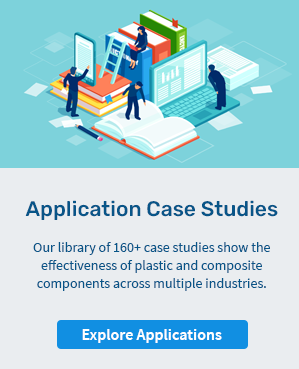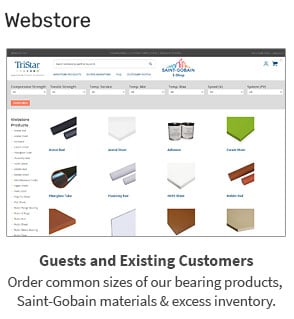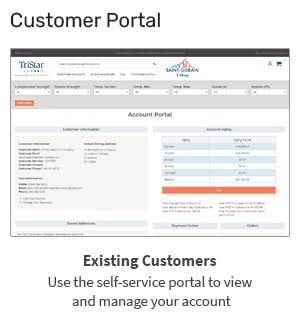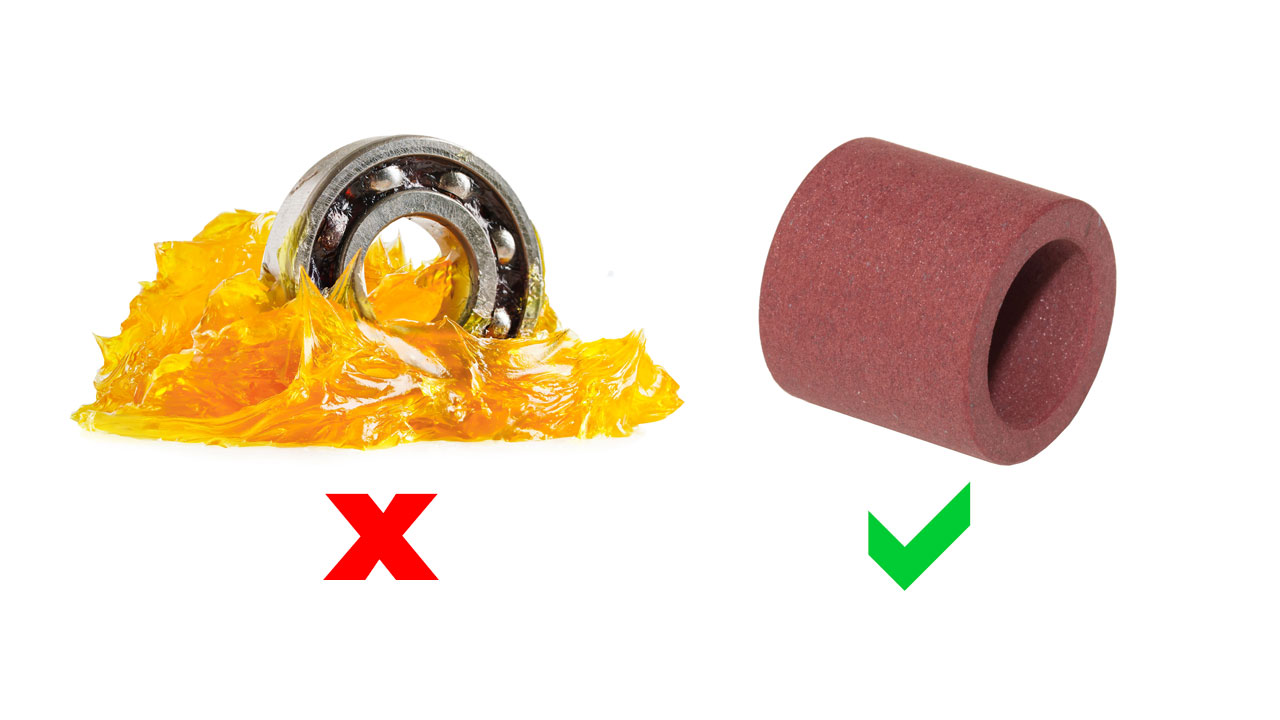
”Why do bearings fail?”
It’s one of the most common and costly questions engineers face. According to industry studies, one of the primary causes of bearing failure is poor lubrication.
Traditional metal bearings depend on regular grease or oil application to prevent overheating and wear. Unfortunately, many factors can disrupt this process:
- Lack of lubrication due to oversight or inaccessibility
- Wrong lubricant chosen for the application
- Evaporation or oxidation of lubricants under heat or harsh environments
When lubrication fails, metal bearings often fail with it. This leads to downtime, higher maintenance costs, and production stoppages.
Self-lubricating polymer bearings solve this problem at the source. Because they are oil-free and engineered with built-in lubricants, they eliminate grease and reduce the risk of failure altogether.
So how exactly do they compare to traditional greased metal bearings?
Key Advantages of Self-Lubricating Bearings
1. No Maintenance = Significant Cost Savings
Plastic bearings are the no-maintenance replacement for bronze and metal-backed bearings. Their dry-running, oil-free operation eliminates costly lubrication schedules, reduces labor, and minimizes unplanned downtime.
Expert Note from Tristar: For industries like aerospace, medical devices, and packaging machinery, this reliability translates into millions saved annually in avoided downtime.
2. No Grease = Superior Resistance to Debris
In agriculture, construction, mining, and other harsh environments, grease becomes a liability. It attracts dirt, dust, and abrasive particles that accelerate wear.
Self-lubricating bearings run completely dry, making them resistant to environmental debris. This results in longer service life and improved performance under dirty or outdoor conditions.
3. High Tolerance = Chemical and Sanitation Ready
Metal bearings often corrode or fail under frequent washdowns, especially when exposed to caustic cleaning agents.
By contrast, polymer bearings are chemically resistant and designed for sanitation compliance. In food processing, beverage production, and medical equipment, they withstand aggressive cleaning without degrading—helping manufacturers meet strict regulatory requirements.
Why Engineers Trust Tristar Plastics
At Tristar, we’ve spent over 40 years engineering advanced bearing solutions for industries where failure is not an option. Our expertise ensures you get more than just a component—you get a partner in reliability and innovation.
- Proven Materials Expertise: From Rulon® PTFE blends to Ultracomp®, we help you select the right self-lubricating solution for your application.
- Customer-Centric Approach: Our engineers work directly with your team, ensuring custom recommendations tailored to your performance goals.
- Global Market Trust: From aerospace OEMs to agriculture leaders, companies worldwide depend on Tristar bearings to reduce maintenance and boost reliability.
These are just a few of the many advantages of self-lubricating bearings. Here’s how they work to eliminate greasing.
Interested in learning more? Let our Experts answer your questions, or see an overview of self-lubricating bearings.

